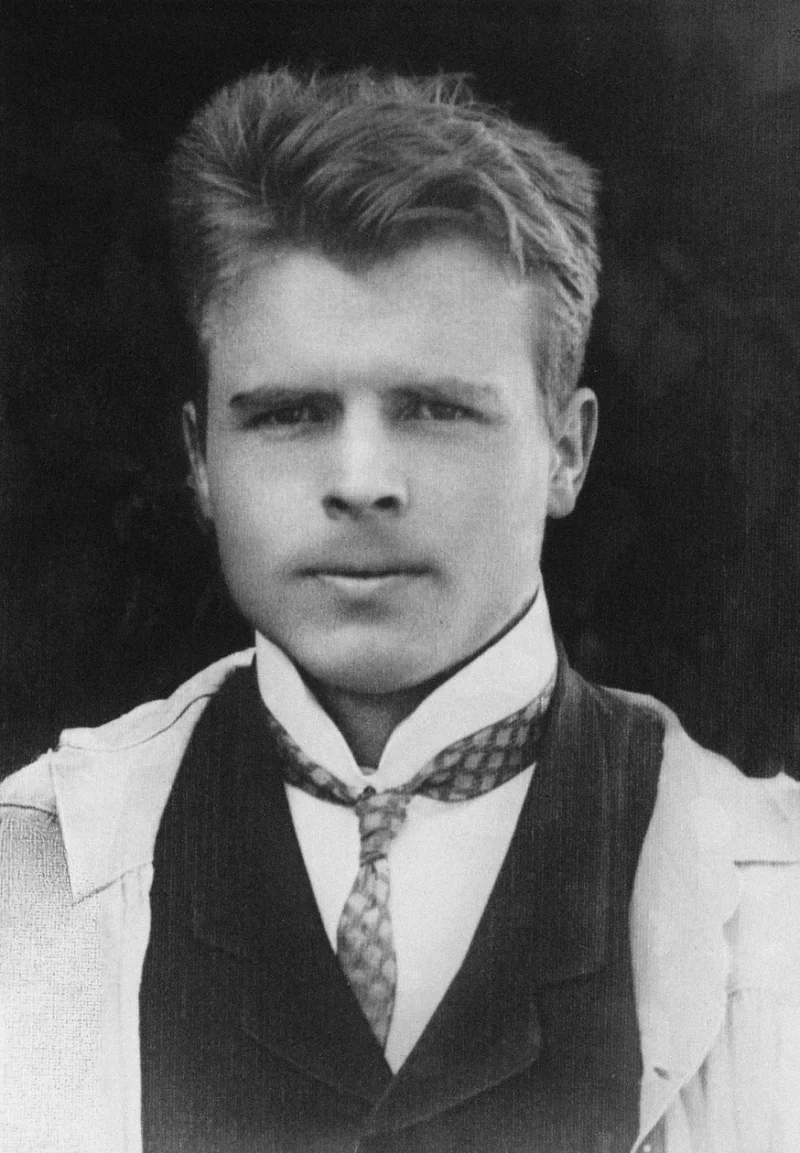Short Summary
Francis Galton was a renowned British polymath known for his pioneering work in the fields of statistics, psychology, and anthropology. He is particularly famous for his contributions to the development of the statistical concepts of correlation and regression towards the mean. Galton also played a significant role in the early study of human intelligence and eugenics, a field he controversially helped to establish. His diverse interests and wide-ranging research have left a lasting impact on multiple scientific disciplines.
Early Life & Education
Francis Galton was born on February 16, 1822, in Birmingham, England, into a wealthy and influential family. He was a half-cousin of Charles Darwin, which had a significant influence on his later work. Galton showed prodigious talents at an early age, reading by the age of two and demonstrating a keen interest in the natural sciences. He attended King Edward's School in Birmingham and later studied at Trinity College, Cambridge. However, he left Cambridge without completing his degree due to a nervous breakdown. Despite this setback, his early exposure to scientific inquiry and his familial connection to Darwin shaped his intellectual pursuits.
Career Highlights
Throughout his career, Galton made significant contributions across various fields. He began by exploring Africa and published his experiences in "Narrative of an Explorer in Tropical South Africa." His interest in measurement and classification led to the development of the first weather maps and the concept of anticyclones. He is best known for his work in statistics, where he introduced the concepts of correlation and regression. Galton also pioneered the study of human intelligence and introduced fingerprinting as a method of identification, which later became a standard practice in forensic science.
Major Achievements
- Introduced the concept of correlation, a fundamental statistical tool for understanding relationships between variables.
- Pioneered the use of fingerprints for personal identification, revolutionizing forensic science.
- Developed the first weather maps and the concept of anticyclones, contributing to modern meteorology.
- Published "Hereditary Genius," a seminal work in the study of human intelligence and eugenics.
- Established the field of psychometrics, focusing on the measurement of mental faculties.
Famous Quotes
- "Whenever you can, count."
- "Man is an animal that makes bargains: no other animal does this - no dog exchanges bones with another."
Interesting Facts
- Galton invented the first weather map, which appeared in the Times newspaper in 1875.
- He coined the term "eugenics," which he described as the science of improving human populations.
- Galton was knighted in 1909 for his contributions to science.
- He built the first apparatus for testing human intelligence, known as the "Anthropometric Laboratory."
- Galton's early work was influenced by his cousin, Charles Darwin, and the theory of evolution.
Legacy / Influence
Galton's work laid the foundation for modern statistics, particularly in the areas of correlation and regression analysis. His contributions to the study of human intelligence and psychometrics have had lasting impacts on psychology. However, his involvement in the eugenics movement remains controversial. Despite this, his innovative approaches to scientific inquiry continue to influence research methodologies across various disciplines.
FAQ
Q: Why is Francis Galton famous?
A: He is famous for his pioneering work in statistics, particularly correlation and regression, as well as his contributions to psychology and eugenics.
Q: What was Francis Galton's relationship to Charles Darwin?
A: He was a half-cousin of Charles Darwin, and Darwin's work significantly influenced Galton's research.
Q: What field did Galton help establish?
A: He helped establish the field of eugenics, which focused on improving human populations through selective breeding.
Q: What innovative practice in forensic science did Galton introduce?
A: He introduced the use of fingerprints for personal identification, which is now a standard practice in forensic science.













